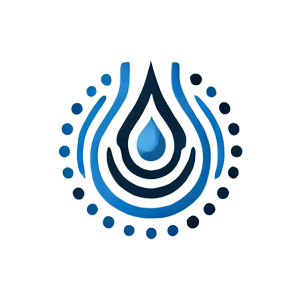In recent years, loans without collaterals have become an essential financial product in Nigeria, offering a lifeline to individuals and small businesses who might otherwise be excluded from the traditional banking system. These loans, which do not require borrowers to pledge any assets as security, provide easier access to credit for a broader segment of the population. This article explores the concept of no collateral loans in Nigeria, their benefits, challenges, and how they contribute to financial inclusion.
Understanding No Collateral Loans
No collateral loans in Nigeria, also known as unsecured loans, are types of credit offered by financial institutions that do not require the borrower to offer any asset (like property or savings) as a guarantee for repayment. Instead, lenders rely on the borrower’s creditworthiness, income, and other financial metrics to assess the risk.
Common Types of Unsecured Loans:
Personal Loans: Typically short-term loans meant for personal expenses such as medical bills, education, or emergencies.
Business Loans: Small and medium enterprises (SMEs) can access these loans for business expansion, inventory purchase, or working capital.
Payday Loans: Short-term loans that are repaid with the borrower’s next paycheck.
Benefits of No Collateral Loans
Accessibility: These loans provide a financial avenue for individuals without valuable assets to secure credit.
Speed: The approval process for no collateral loans is usually quicker than that for secured loans, as there is no need to evaluate and verify collateral.
In conclusion, no collateral loans are a vital financial product in Nigeria, providing accessible and flexible credit options to a wider population. While they come with higher interest rates and stringent eligibility criteria, their benefits in terms of financial inclusion and economic empowerment are substantial.

